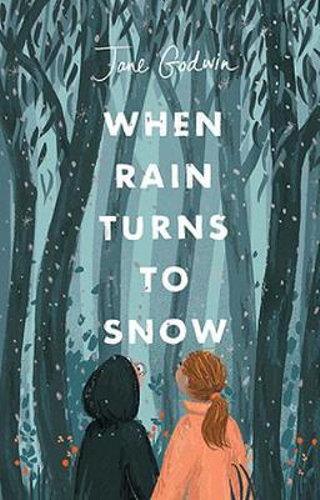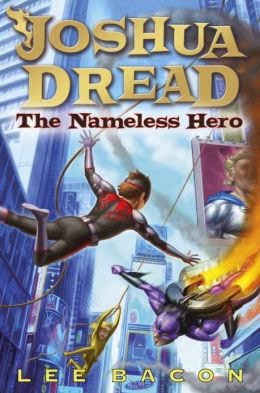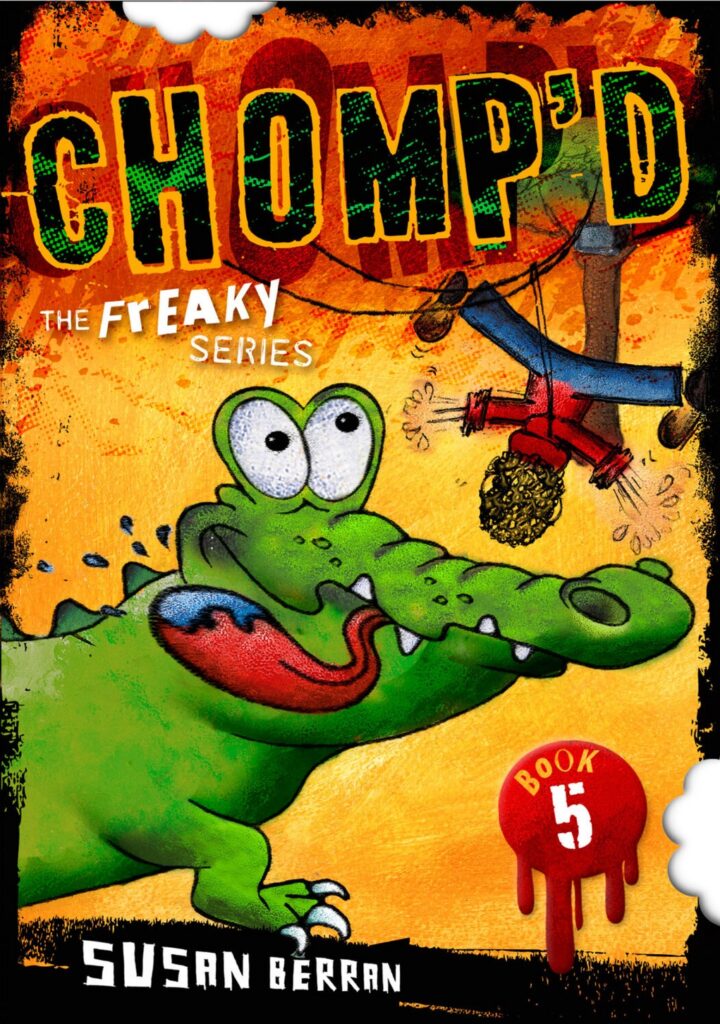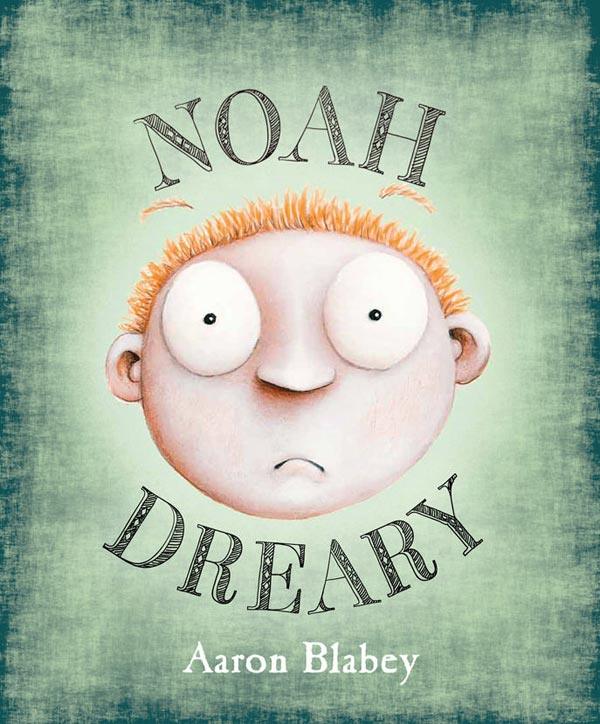Jane Godwin, When Rain Turns to Snow, Hachette Australia, 30 June 2020, 273 pp., RRP $16.99 (pbk), ISBN 9780734420053

Lissa is in Year 8. She lives with her mum and brother Harry who is in Year 11. Their Dad has moved overseas and is starting a new family. Her best friend has moved away and is losing interest in replying to text messages. Lissa is struggling to find a group of friends at school in which she fits. As the story develops, some of her so-called friends would appear to not be real friends at all. Despite all these complications, Lissa is a positive character, who feels safe in the knowledge that she is loved by her family.
When a boy, not much older than her, turns up on her doorstep holding a baby, Lissa’s secure world starts to disintegrate. Reed is looking for his birth-mother and claims that Lissa’s mother can help him.
Godwin has tackled a number of difficult issues in When Rain Turns to Snow. Cyber bullying, social media abuse, drug abuse (indirectly), blended families, friendship cliques and the damage of gossip, climate change anxiety, IVF and adoption. However, she uses a light touch, and the book never feels weighed down by these issues.
My one quibble is my feeling that a Year 8 student (aged 13 years old) would not have tried to deal with all this without asking for an adult’s help, particularly concerning a young baby’s needs. Lissa has a good relationship with her mother, and I think it unlikely that she wouldn’t have talked to her straight away – but then there wouldn’t be a story to tell, would there? When Harry (Lissa’s older brother) finally tells his mother of the problems he has been having with false social media posts, she tells him that ‘young people should tell an adult’.
“Harry sighs like an old man. ‘Kids get destroyed on social media all the time.’” This is the reality that young people face every day – it’s a sobering thought.
Reed feels he suffers from climate change anxiety. He explains to Lissa “Sometimes I can’t sleep because of climate change, sometimes I can’t sleep because of terrorism, like 9/11…” It has been documented that these are the major worries for our world’s youth and it’s important to see these real concerns reflected in a young adult novel.
Ultimately, this book is about finding yourself, and your place in the world. As Lissa explains:
“I don’t believe a family is only about genetics. I found a new word in the dictionary. Framily. It’s a portmanteau word, like blog, and brunch, and labradoodle. A blend of friend and family. I’ve got the definition in my phone. ‘A group of people who are not related by blood but who constitute an intimate network and a sense of belonging.’”
This book is a perfect novel for the high school library – in fact, I feel it would be a fabulous book to use as a class set for Year 8. It is not a challenging text to read but raises many concerns that could be discussed in a classroom environment with the guidance of a teacher.
Highly recommended.
Reviewed by Gaby Meares





